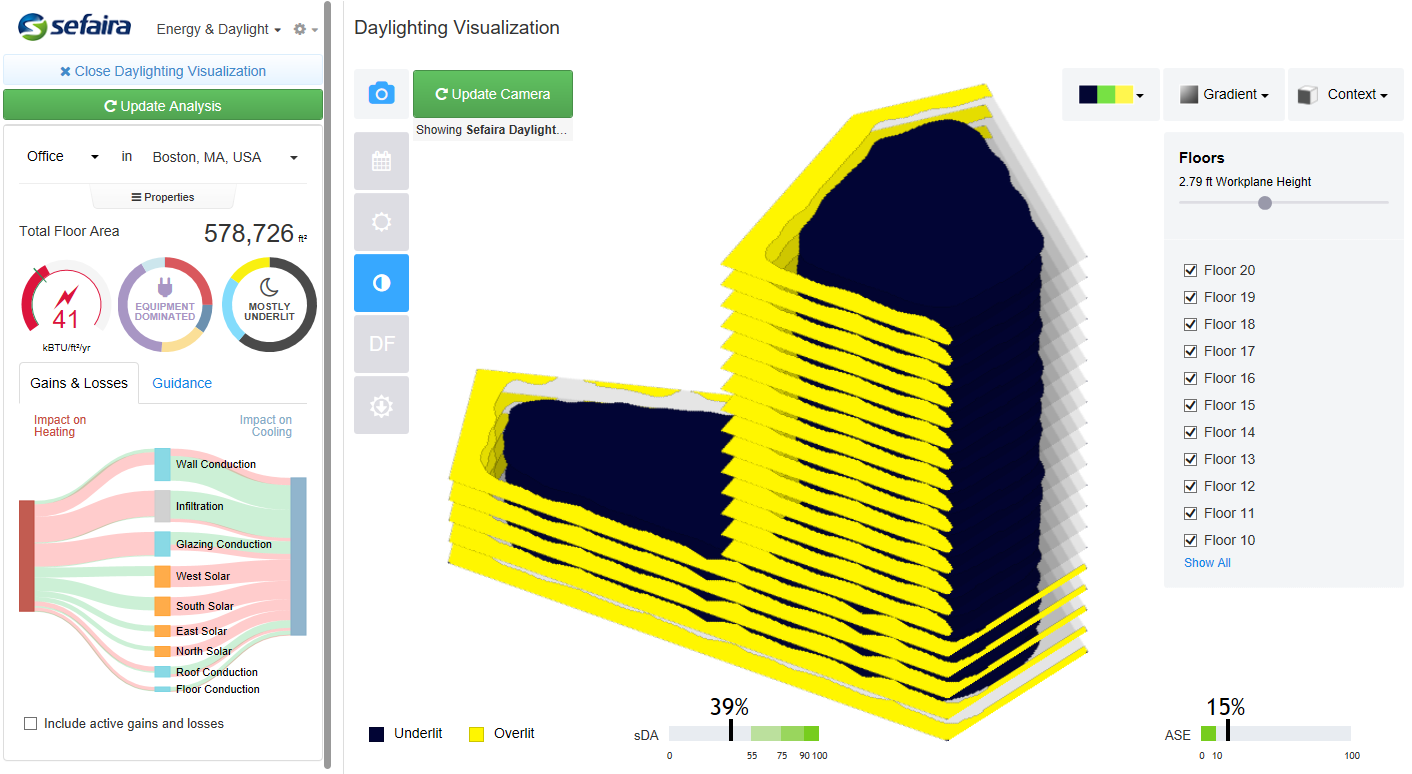by Ryan Wicks
City and regional planners have the daunting task of developing a vision for the future of both the physical, aesthetic and cultural feel of an area. This often involves engaging multiple parties that have a stake in that future, identifying convergent or divergent needs or desires of those stakeholders, identifying themes within those needs or desires, and developing not just one potential plan, but a multitude of plans that can be considered in comparison. Continue reading “Using the Trimble R10 with Drones to Develop City Models for Professional Planners”





